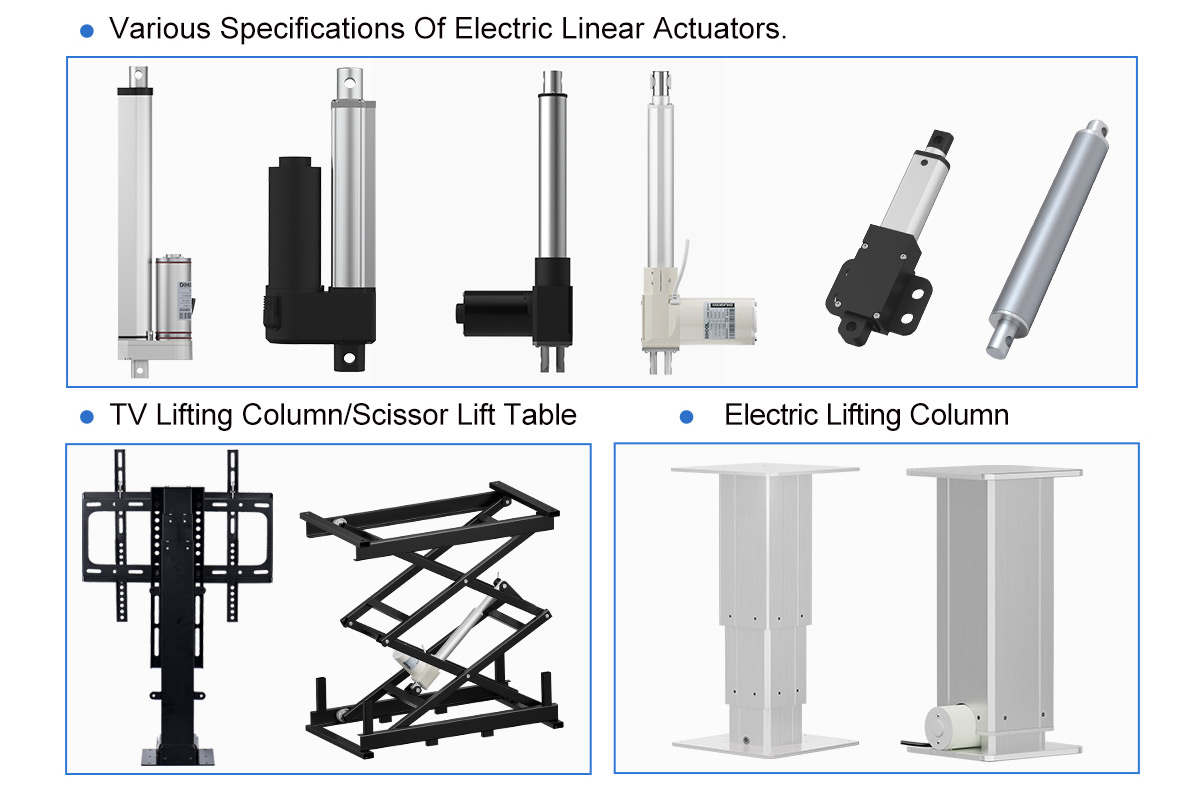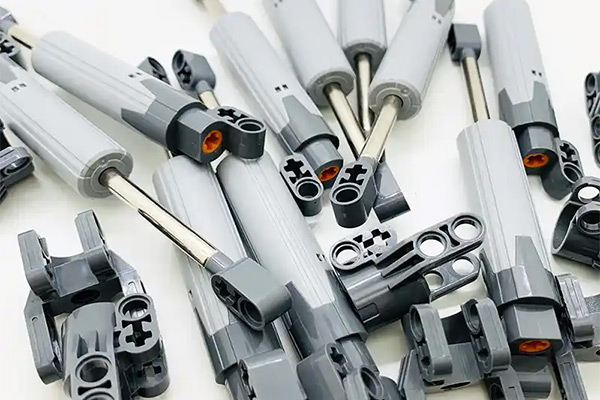Working Principle and Application Scenario of Hall Controller
Hall controller is an electronic device used to control motors. Its working principle is to use electronic controllers to accurately control the speed and position of the motor to achieve synchronous control of the motor. This article will introduce in detail the principles of Hall controller, including its working principle, application scenarios, advantages and disadvantages.
Working principle of Hall controller
The working principle of a Hall controller can be divided into three parts: sensor, controller and actuator.
1. Sensor
Sensors are a key component of Hall controllers, which are used to detect the speed and position of the motor. The sensor can use different types of sensors such as Hall sensors, encoders or photoelectric sensors.
Taking the Hall sensor as an example, it can detect changes in the magnetic field of the motor to determine the speed and position of the motor. When the motor's rotor rotates, the Hall sensor detects changes in the magnetic field and sends this information to the controller.
2. Controller
The controller is the core part of the Hall controller, which receives signals sent by the sensor and controls the speed and position of the motor based on these signals. The controller is usually composed of a microprocessor, a driver, and a power supply.
When the controller receives the signal sent by the sensor, it will calculate the angle and speed of the motor to rotate according to the preset control algorithm and send instructions to the actuator.
3. Actuator
The actuator is the output part of the Hall controller, which is used to convert the instructions sent by the controller into the power output of the motor. Actuators usually include motors, gears, mechanical connections, etc.
After the actuator receives the command sent by the controller, it will control the speed and position of the motor according to the command. The output of the actuator can drive the motor to rotate and complete the function of synchronous control.
Application scenarios of Hall controller
Hall controllers can be used in many fields, such as industrial automation, robotics, medical equipment, automotive electronics, etc. The following are several typical application scenarios:
1. Industrial automation
In the field of industrial automation, Hall controllers can be used to control robots, logistics equipment, production lines, etc. Hall controllers can help these devices achieve high-precision position and speed control, improving productivity and quality.
2. Robot
In the field of robots, Hall controllers can be used to control components such as robotic arms, mobile platforms, etc. Hall controllers can help robots achieve precise position and attitude control, improving robot flexibility and reliability.
3. Medical equipment
In the field of medical equipment, Hall controllers can be used to control surgical robots, pacemakers and other equipment. Hall controllers can help these devices achieve high-precision position and speed control, improving the safety and success rate of surgery.
4. Automotive Electronics
In the field of automotive electronics, Hall controllers can be used to control the drive systems, brake systems, etc. of electric vehicles. Hall controllers can help electric vehicles achieve efficient power output and accurate braking control, improving driving experience and safety.

Advantages and disadvantages of Hall controller
Hall Synchronous Controllers have the following advantages:
1. High-precision control
Hall controllers can achieve high-precision position and speed control, improving equipment performance and accuracy.
2. Flexibility
Hall controllers can be used for different types of motors and sensors, with high flexibility and adaptability.
3. Reliability
Hall Synchronous Controller adopts digital control, which has high reliability and stability.
But at the same time, Hall controllers also have some disadvantages:
1. Higher cost
The manufacturing and maintenance cost of Hall controllers is high and requires high technology and equipment investment.
2. High complexity
The design and debugging of Hall controllers require high technology and experience, which is more complicated for beginners.
3. High energy consumption
Hall controllers consume more energy and require a higher power supply.
Hall Synchronous Controller is an important electronic device, and its working principle is to use sensors, controllers and actuators to achieve synchronous control of the motors. IPS-HS1 Hall Controller can control 1~8 motors simultaneously. It can be used in industrial automation, robots, medical equipment, automotive electronics and other fields. They have the advantages of high precision control, flexibility and reliability, but at the same time they also have the disadvantages of high cost, high complexity and large energy consumption. Therefore, when selecting and using Hall controllers, comprehensive considerations need to be made based on actual conditions to ensure that they can meet the needs and requirements of the equipment.





